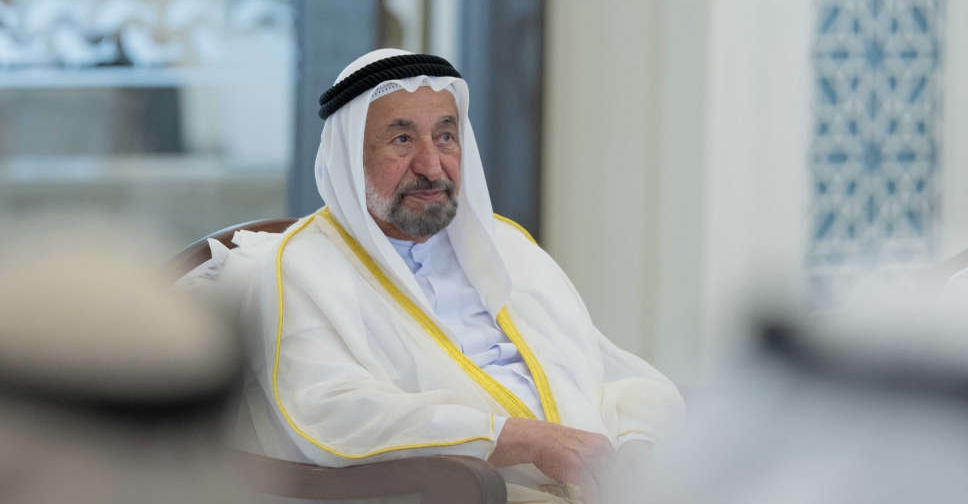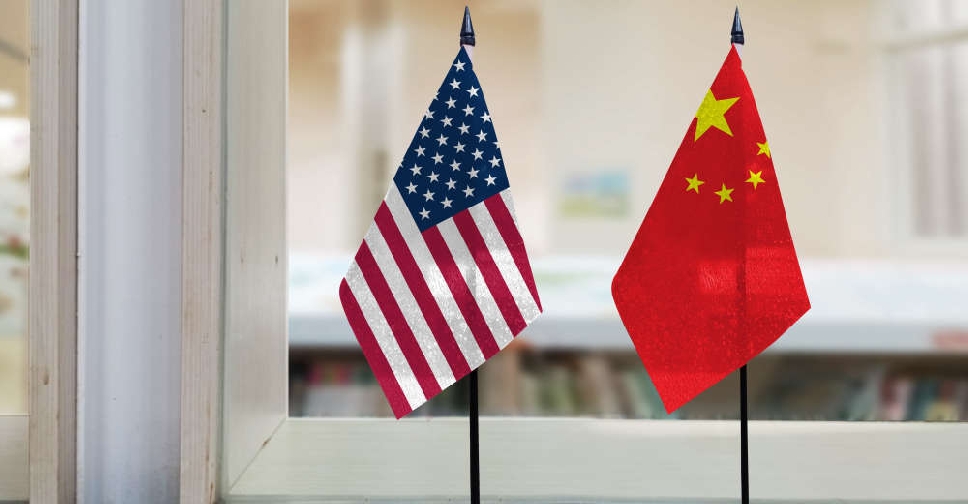
India's government on Wednesday proposed that artificial intelligence and social media firms should clearly label AI-generated content to tackle the spread of deepfake and misinformation, prompted by similar moves by the European Union and China.
With nearly 1 billion internet users, the stakes are high in a sprawling country of many ethnic and religious communities where fake news risks stirring up deadly strife and AI deepfake videos have alarmed officials during elections.
The new rules require platforms to label AI-generated content with markers covering at least 10 per cent of the surface area of a visual display or the initial 10 per cent of the duration of an audio clip, placing more responsibilities on the likes of OpenAI, Meta, X and Google.
Social media companies will also have to obtain a user declaration on whether uploaded information is AI-generated, and deploy reasonable technical measures to ensure checks and balances, the Indian government's draft proposal said.
The rules will "ensure visible labelling, metadata traceability, and transparency for all public-facing AI-generated media," India's IT ministry said, inviting suggestions from the public and industry by November 6.
GOVERNMENT WORRIED ABOUT GROWING RISKS OF AI
The potential for misuse of generative AI tools "to cause user harm, spread misinformation, manipulate elections, or impersonate individuals has grown significantly," the government added.
OpenAI, Google and Meta did not respond to Reuters queries.
Indian courts are hearing high-profile lawsuits related to deepfakes. Bollywood stars Abhishek Bachchan and his wife Aishwarya Rai Bachchan have asked a New Delhi judge to remove and prohibit creation of AI videos infringing their intellectual property rights, and challenged YouTube's AI training policy.
The rules about covering 10 per cent of surface area are "among the first explicit attempts globally to prescribe a quantifiable visibility standard," said Dhruv Garg, founding partner at public policy research firm, Indian Governance and Policy Project.
If implemented, the rules will require AI platforms in India to build in automated labelling systems to identify and mark AI-generated content at the point of creation, he added.
India is emerging as a big market for AI firms.
OpenAI CEO Sam Altman said in February that India was its second-largest market by number of users, which have tripled in the past year.



 Sharjah Ruler approves 2026 general budget of AED 44.5 billion
Sharjah Ruler approves 2026 general budget of AED 44.5 billion
 Andre Agassi to headline 11th Dubai International Project Management Forum
Andre Agassi to headline 11th Dubai International Project Management Forum
 Disney+ joins 1 Billion Followers Summit as strategic partner
Disney+ joins 1 Billion Followers Summit as strategic partner
 China hits US defence firms with sanctions over Taiwan arms sales
China hits US defence firms with sanctions over Taiwan arms sales




